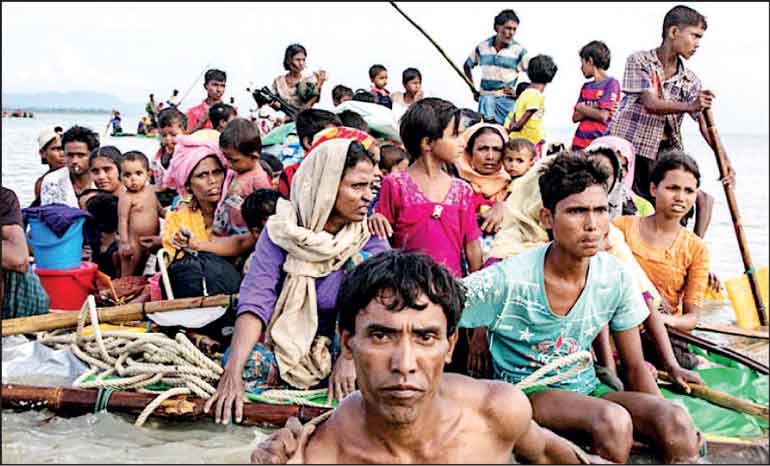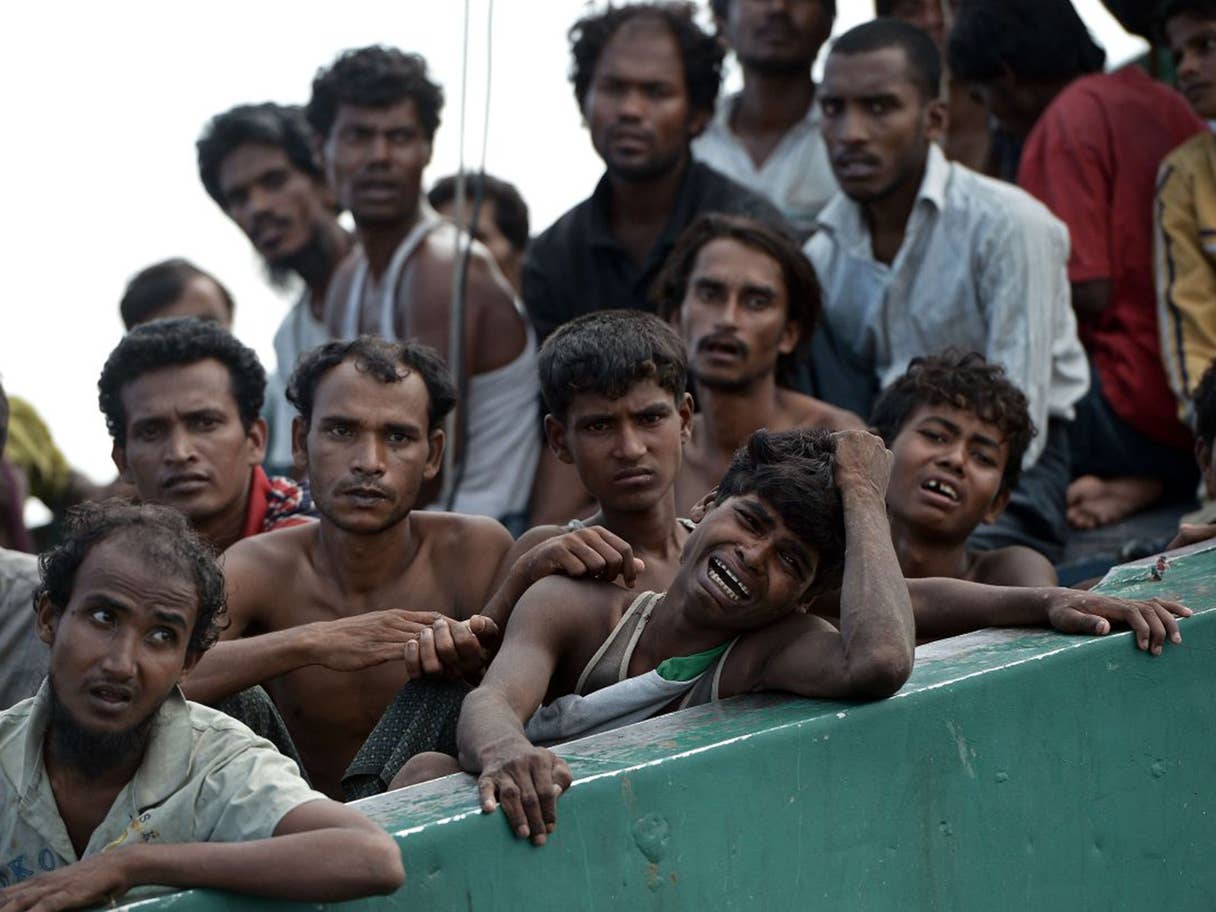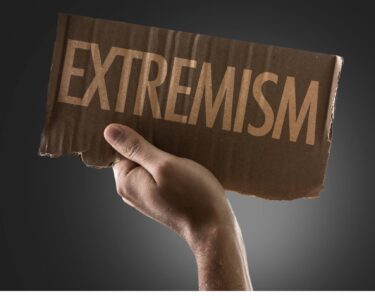Human Rights Commission of Sri Lanka Issues Report on Rohingya Asylum Seekers: Key Recommendations for Improved Conditions and Protection

The Human Rights Commission of Sri Lanka (HRCSL) has released a report addressing the status of Rohingya asylum seekers detained in Mullaitivu and the issues surrounding their detention. On December 19, 2024, a multi-day trawler carrying 116 individuals from the Rohingya community, including 57 children, was found drifting off the coast of Mullivaikkal. After receiving humanitarian aid from local fishermen, the Sri Lanka Navy escorted the boat to Trincomalee. Several individuals perished during the journey, and the survivors were later detained at the Mullaitivu Air Force Camp.
Following this, the HRCSL visited the Mullaitivu Air Force Camp on January 9, 2025, to assess the conditions of the detainees and make recommendations. The HRCSL is tasked with ensuring that detainees’ rights are upheld in accordance with Sri Lanka’s legal framework and international norms. The Commission’s report highlights key areas of concern regarding the conditions in which the asylum seekers are being held and their treatment under Sri Lankan law.
The HRCSL stressed the importance of child protection, emphasizing that all state authorities must prioritize the best interests of children, irrespective of their nationality. The Commission also highlighted the principle of non-refoulement, which prohibits the return of individuals to countries where they risk being subjected to enforced disappearance, a threat that many Rohingya face in Myanmar. This concern is compounded by credible reports, including those from the UN, about the risks of enforced disappearance in Myanmar for the Rohingya community.
The HRCSL also expressed deep concern about the harassment of human rights defenders (HRDs) advocating for the rights of the Rohingya. Several HRDs have reported being targeted by law enforcement for their advocacy efforts. The Commission has committed to taking appropriate action to ensure the protection of HRDs and enforce the implementation of the HRCSL’s General Guidelines on the Protection of Human Rights Defenders.
To address these pressing issues, the HRCSL has issued several recommendations to improve the conditions of the detained asylum seekers. Among the key proposals is the establishment of a focal point within the Department of Immigration and Emigration and the Sri Lanka Air Force to facilitate the swift delivery of aid, including food, clothing, and sanitary items, particularly for children. The HRCSL also recommended that child protection specialists have regular access to ensure the best interests of the children are protected during their detention.

Furthermore, the HRCSL advised that the asylum seekers should have access to relevant United Nations entities such as the UNHCR, which would allow for proper vetting and registration of their asylum claims. The Commission also urged the Department of Government Information to ensure that the public is kept informed through media access to the detained individuals.
Special attention was given to the safety and welfare of female asylum seekers, with the HRCSL recommending that female police officers provide security at all times. Additionally, the report emphasized the need for improved sanitary facilities for the women detained at the camp.
The HRCSL also suggested that the Department of Immigration and Emigration transfer the asylum seekers to more appropriate facilities designed for housing families and individuals with specific welfare needs. Detention should be strictly temporary, with individuals being released once their status has been determined and registered by the UNHCR.
The HRCSL stressed the importance of upholding the rights of HRDs to protest government policies related to the asylum seekers, urging state institutions to refrain from harassment or intimidation of those advocating for the rights of refugees. Furthermore, the Commission recommended that Sri Lanka ratify key international conventions, such as the 1951 Convention on Refugees and the 1961 Convention on the Reduction of Statelessness, to ensure that the rights of refugees and stateless persons are fully protected under Sri Lankan law.







